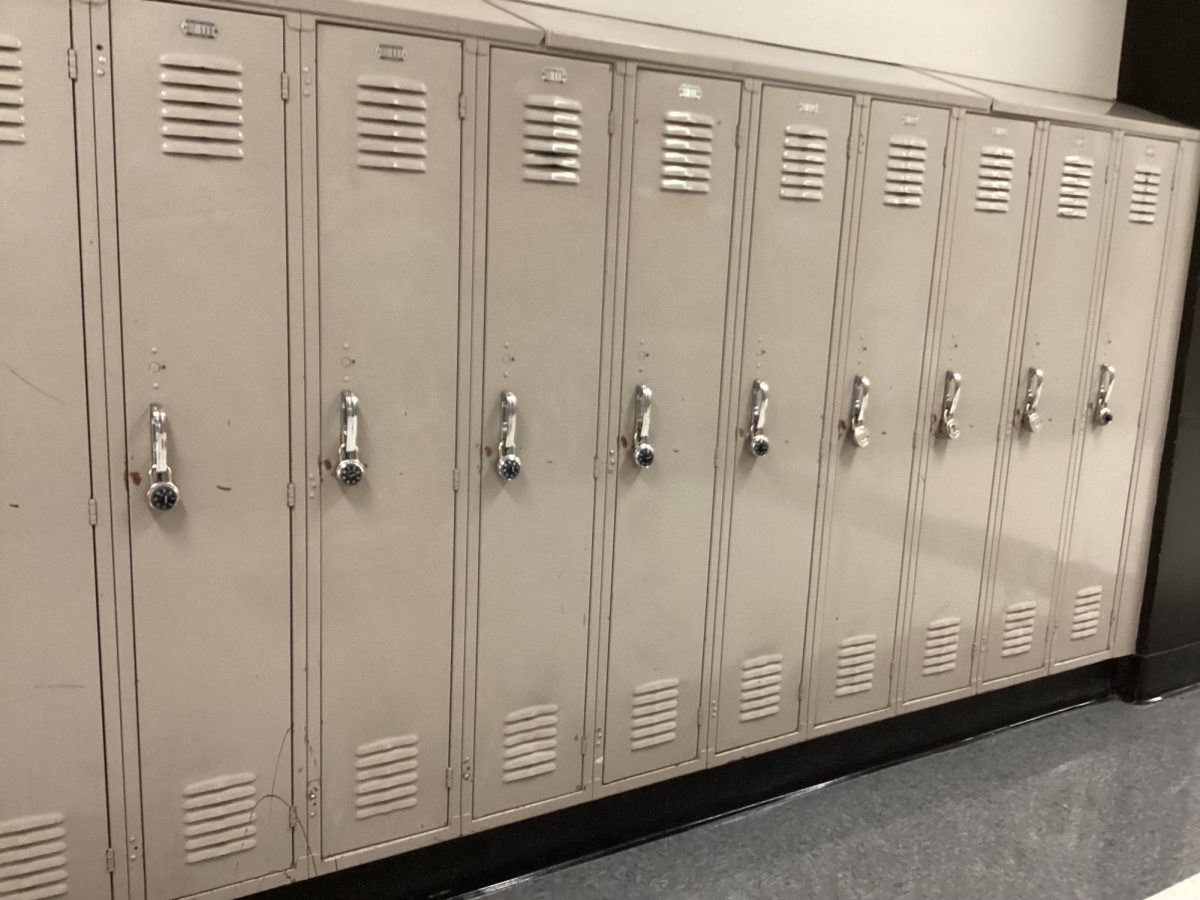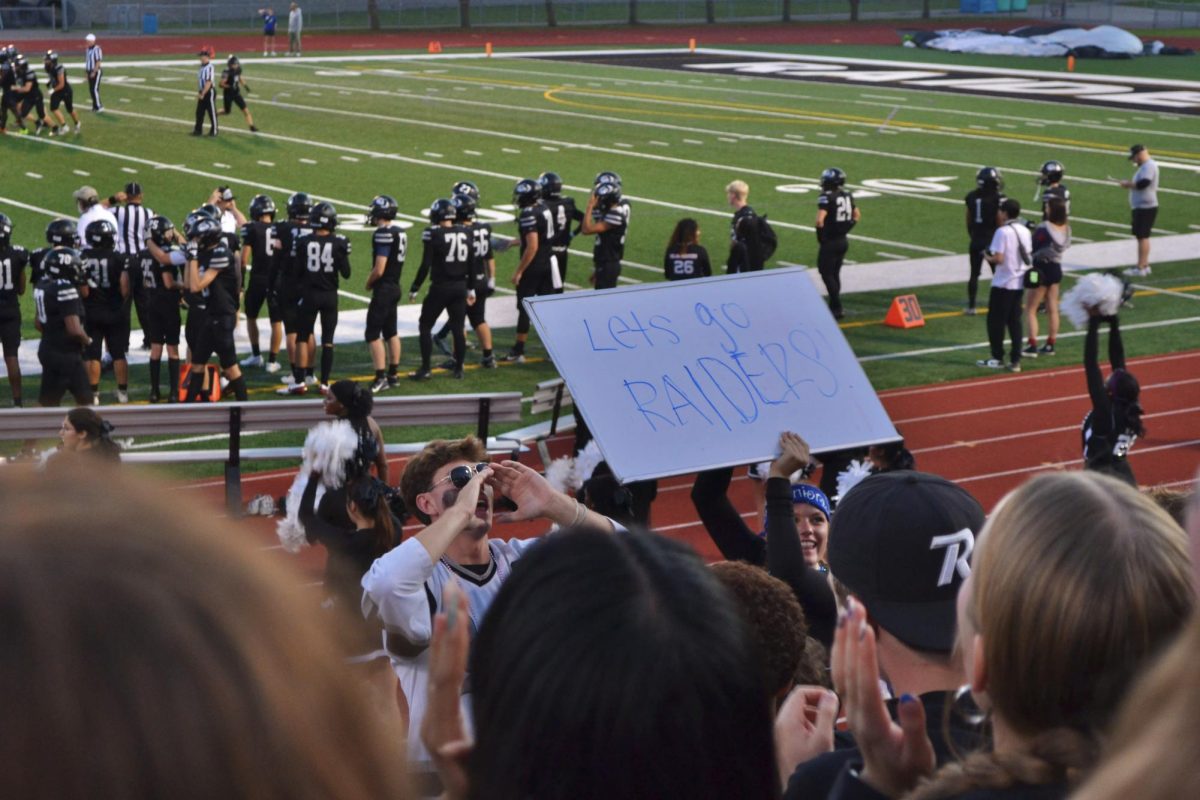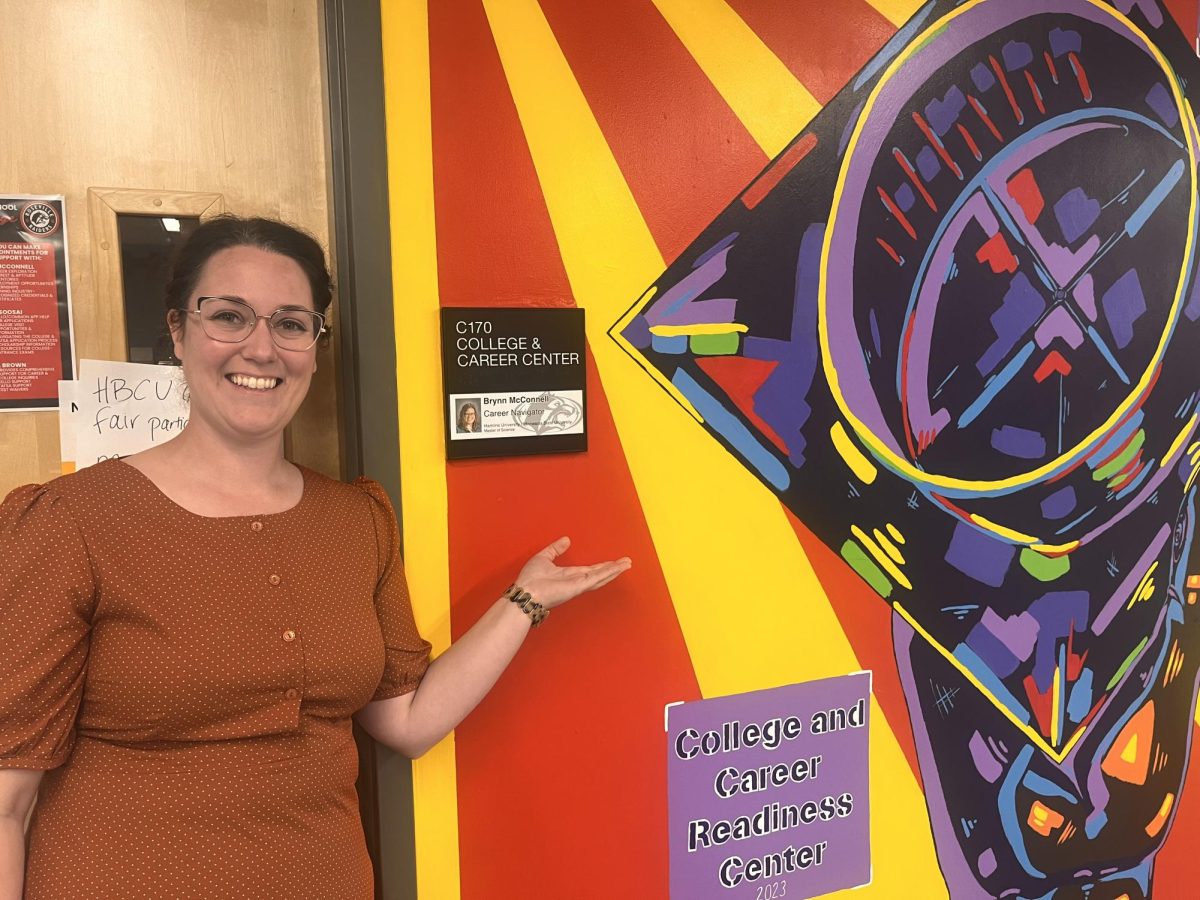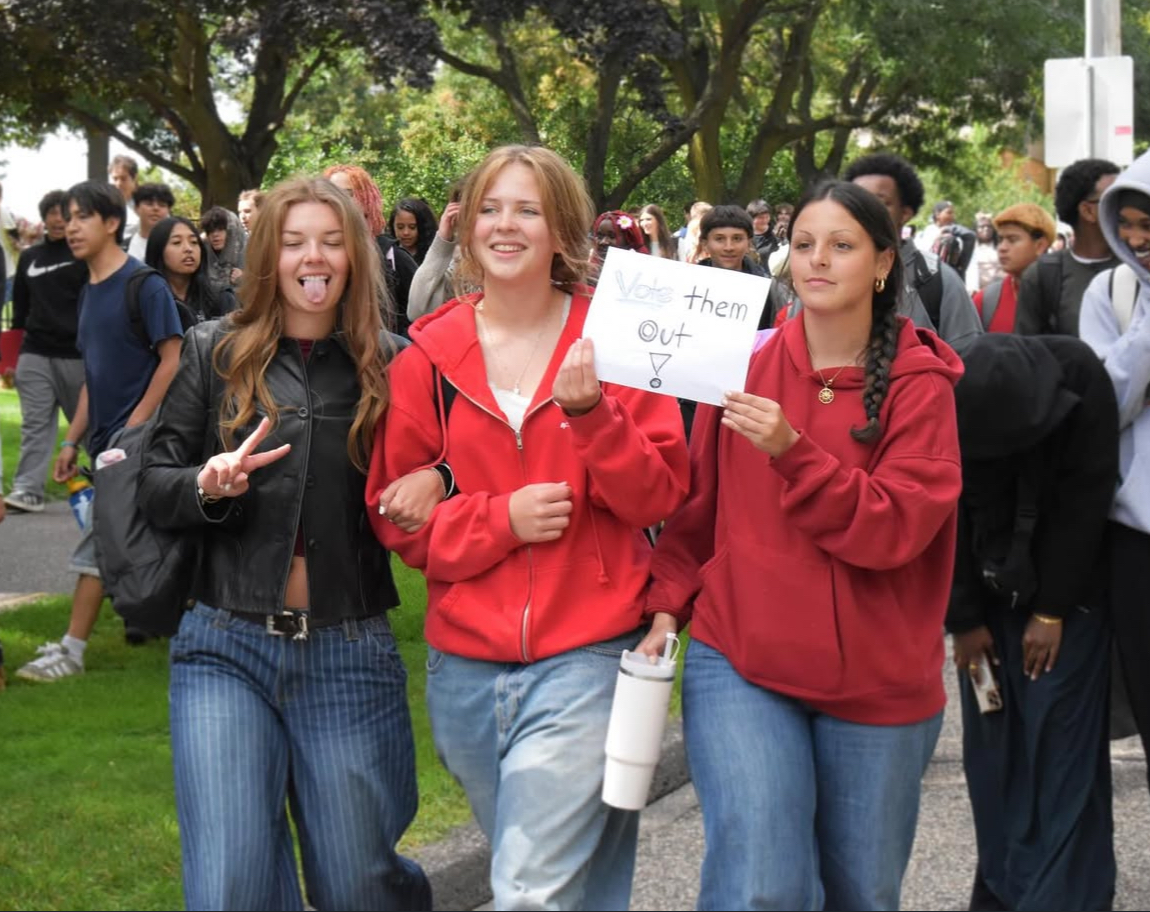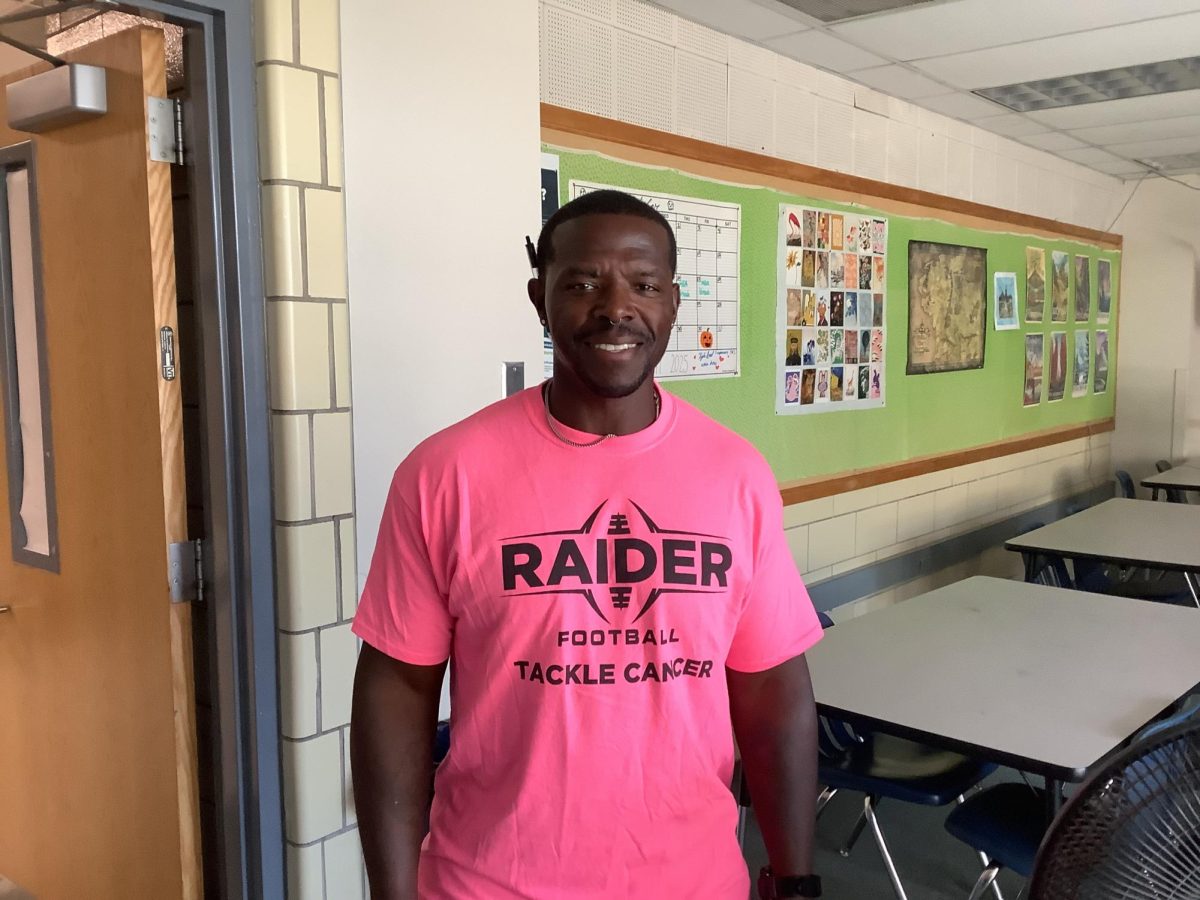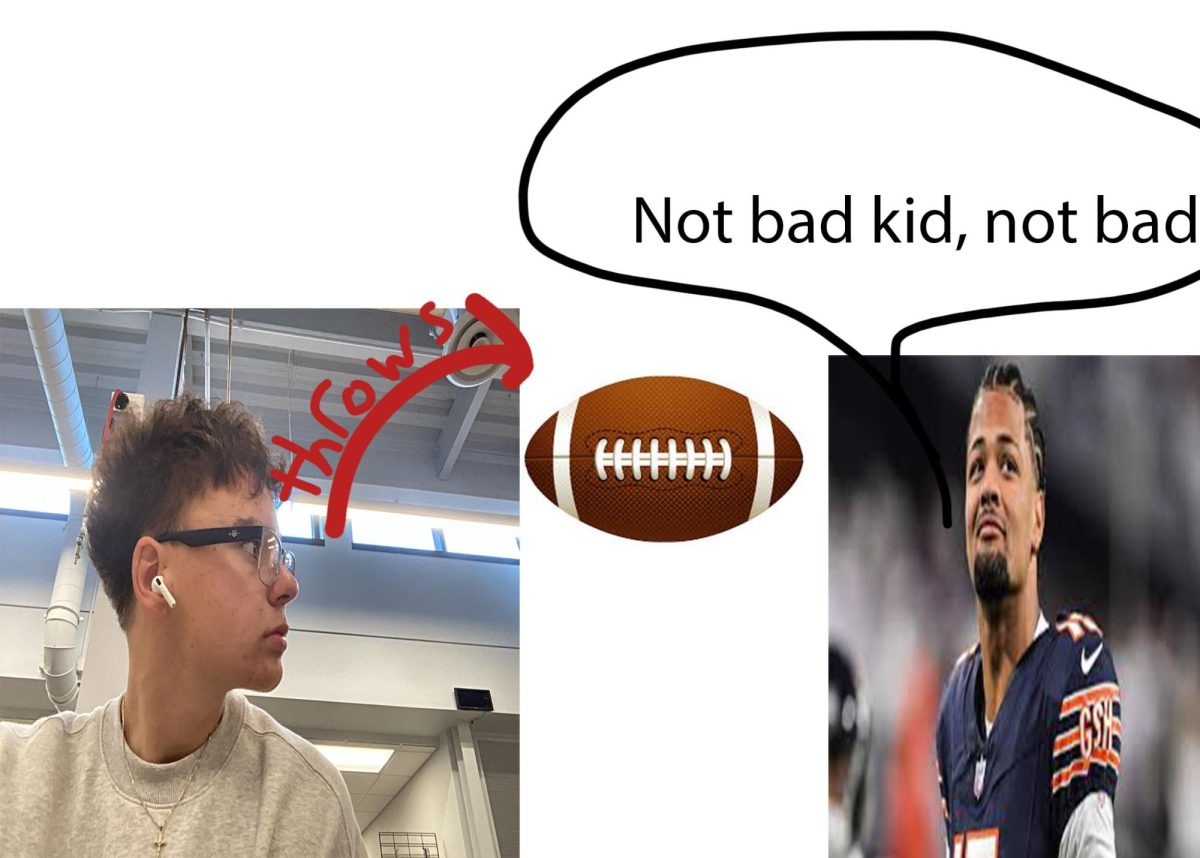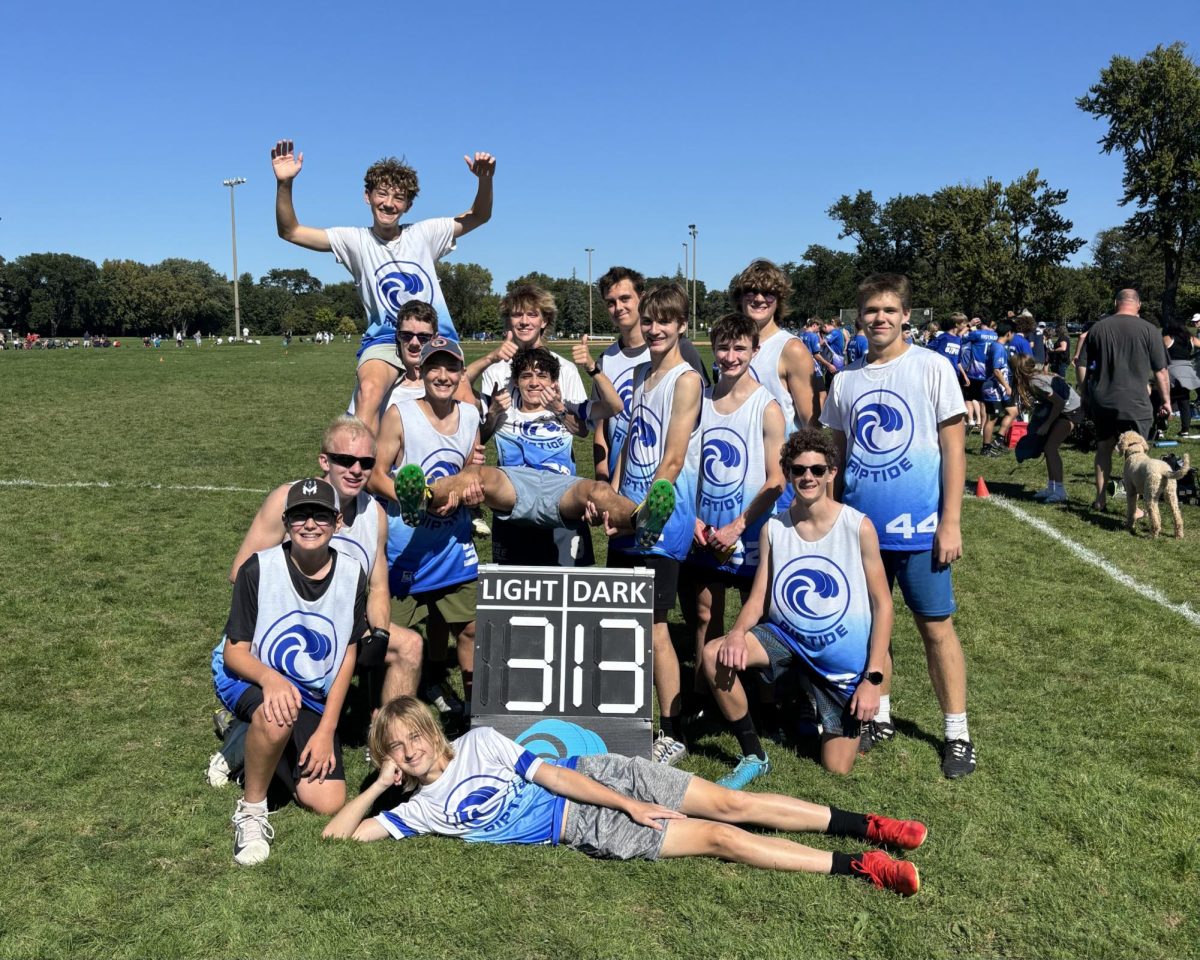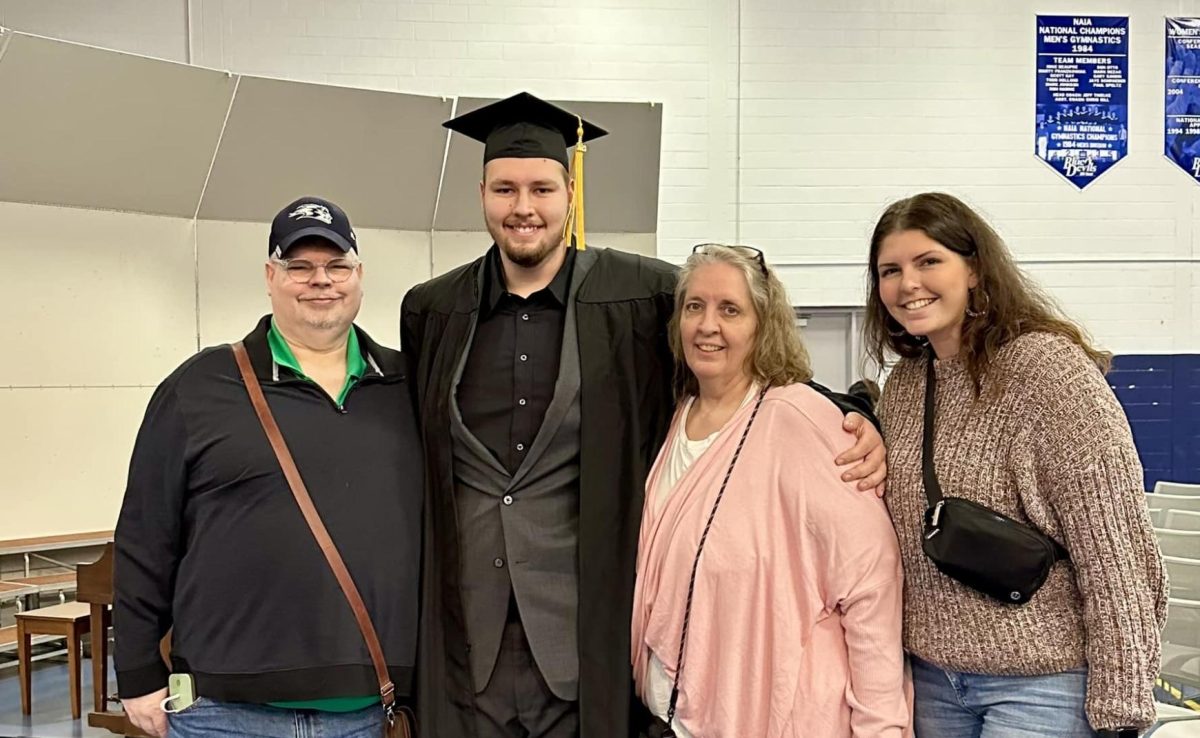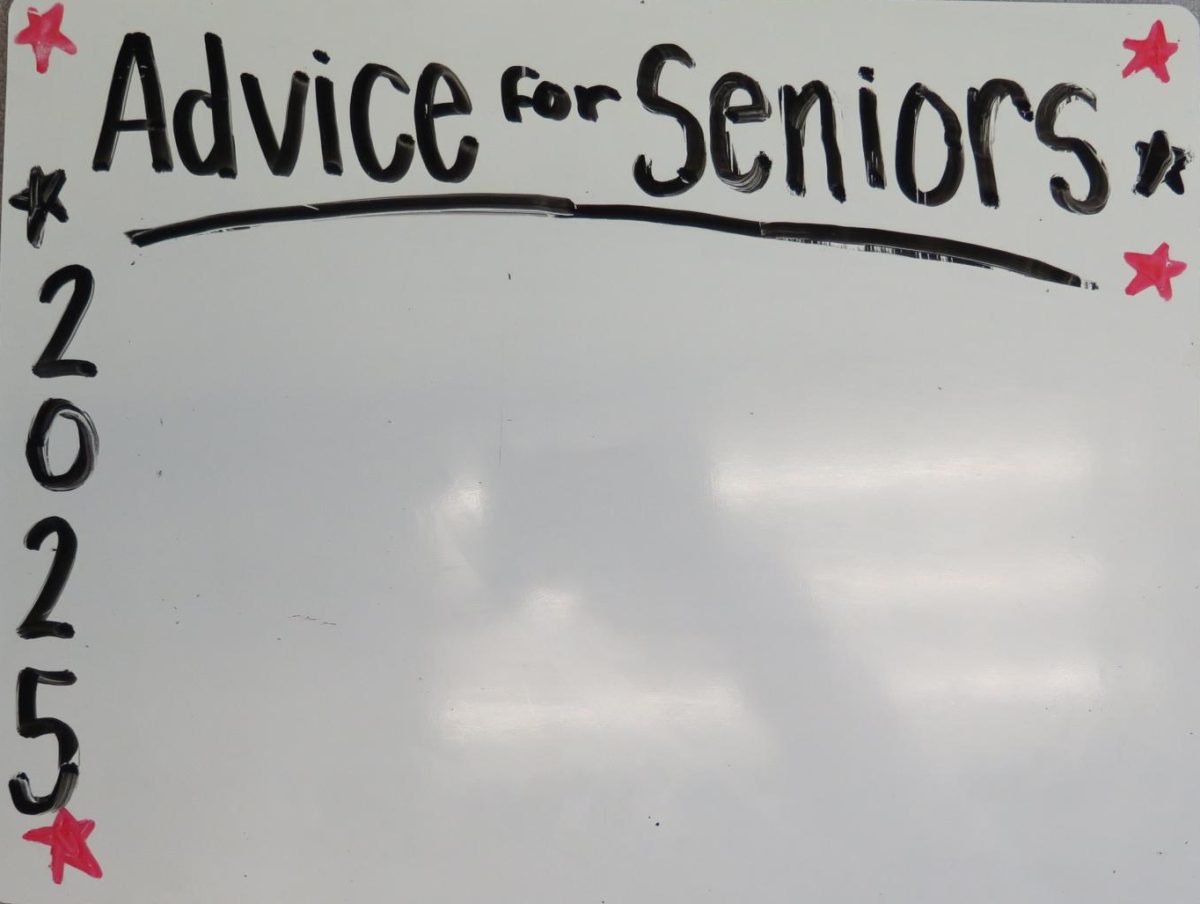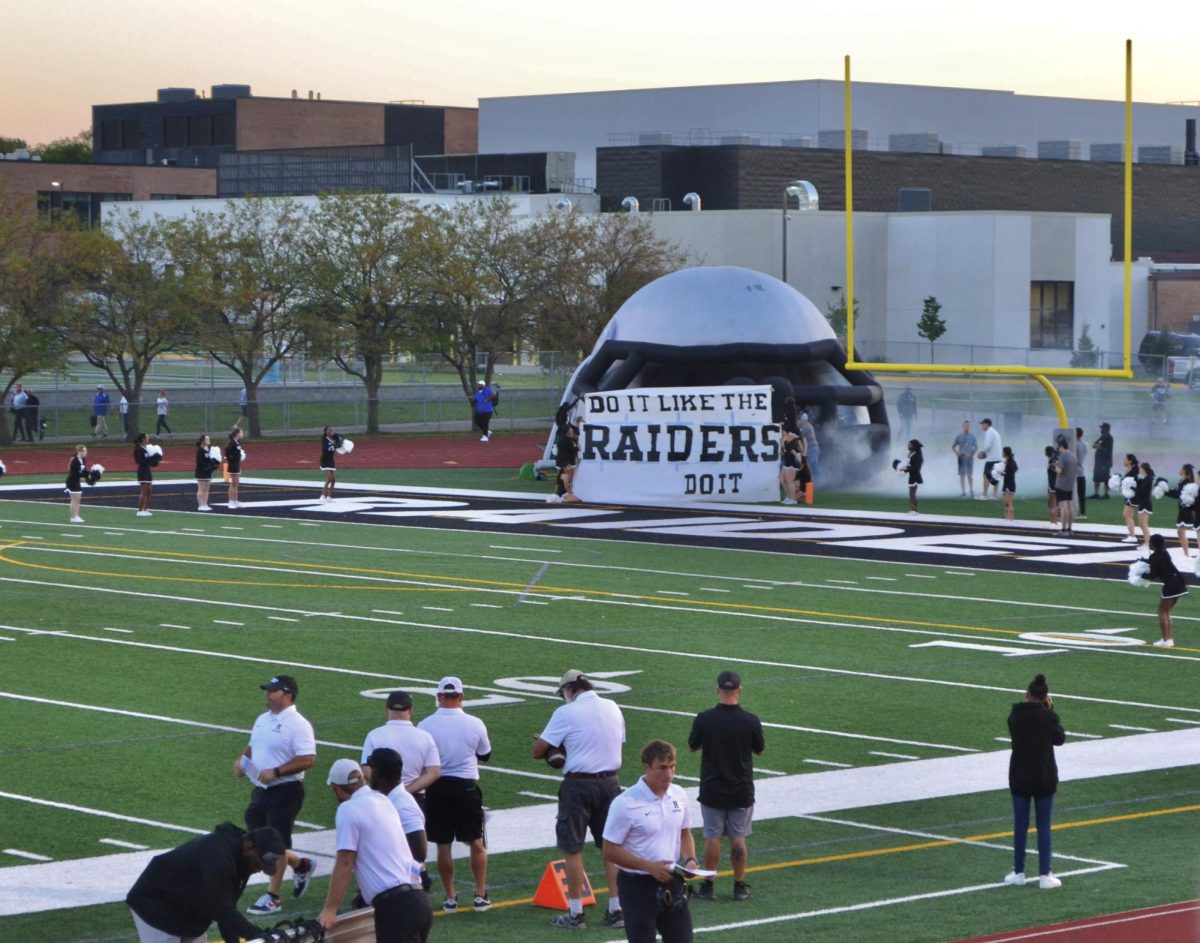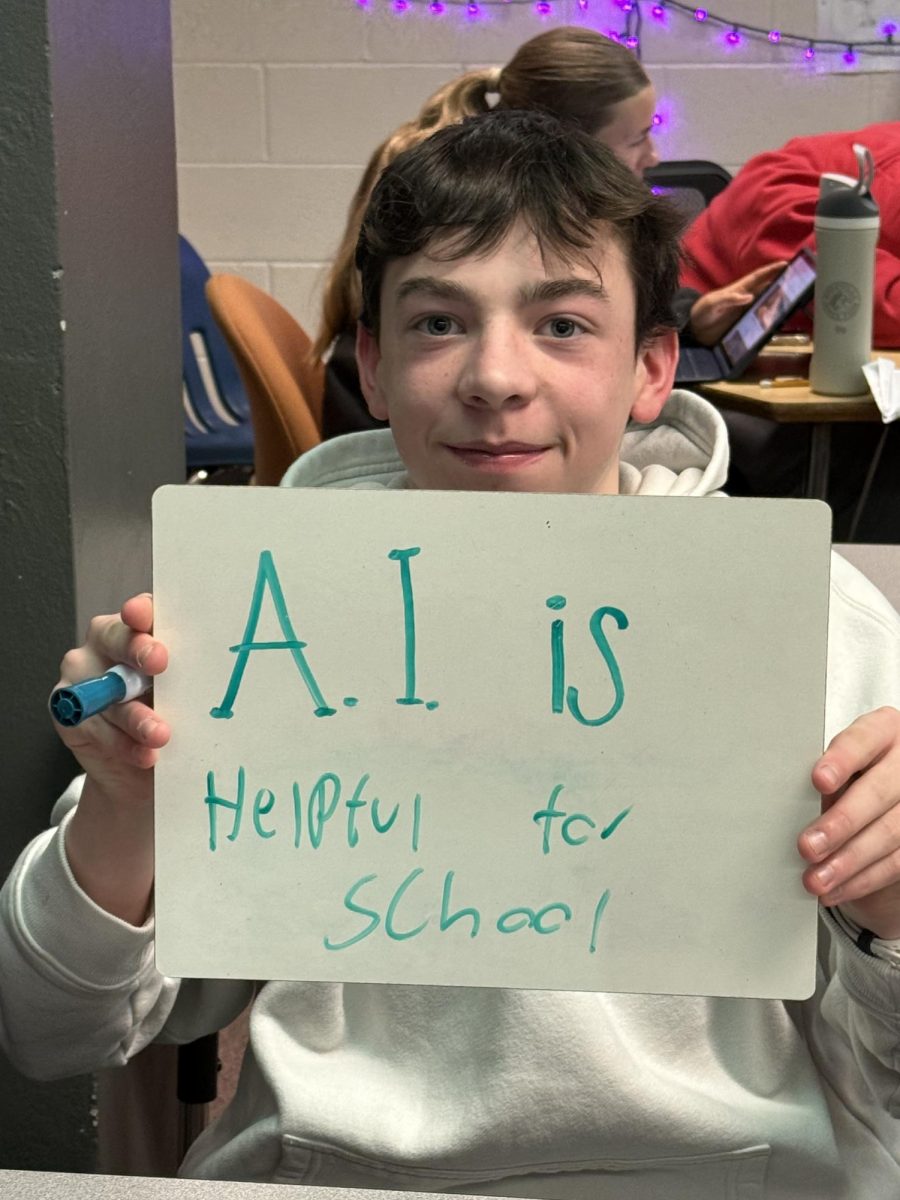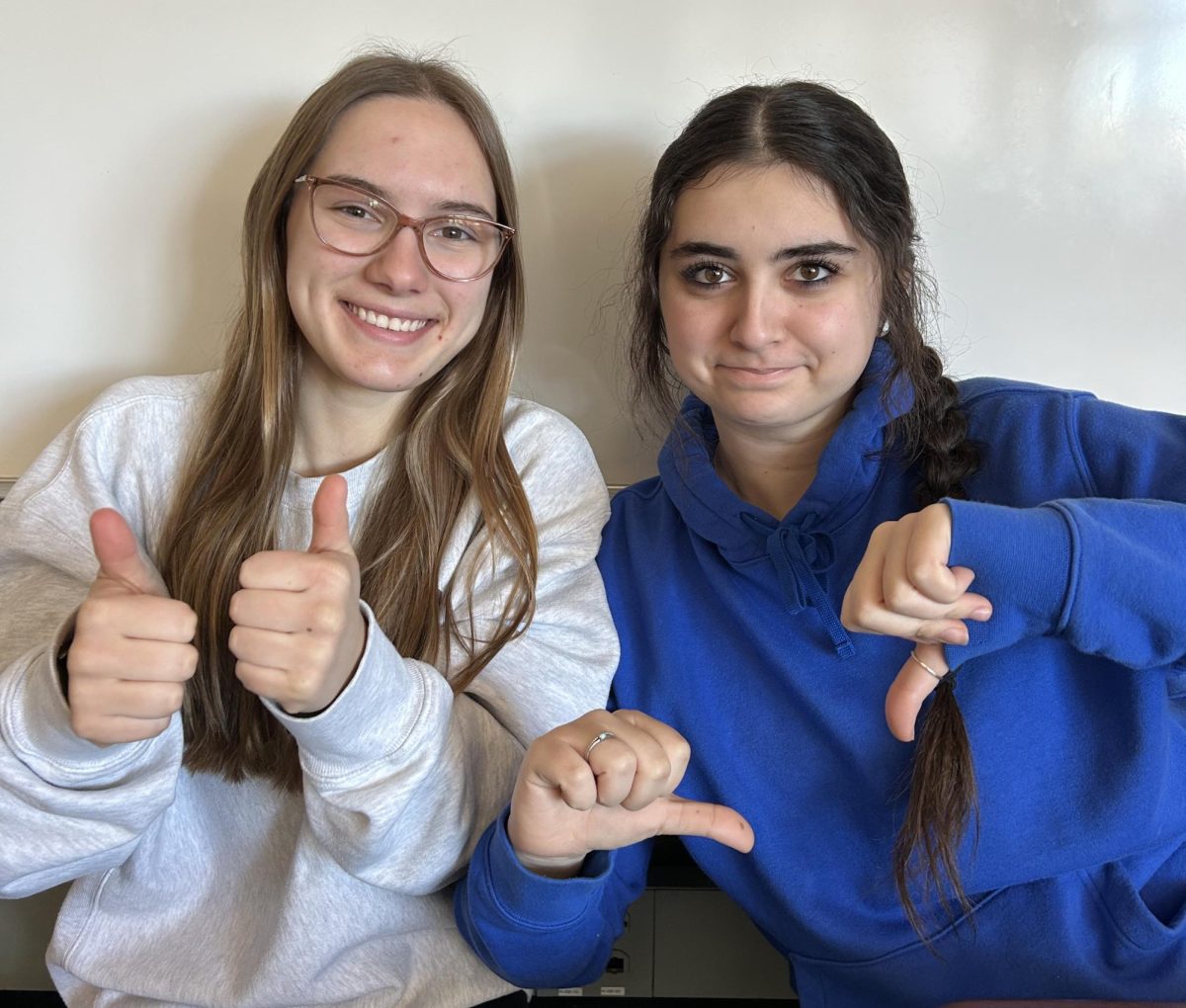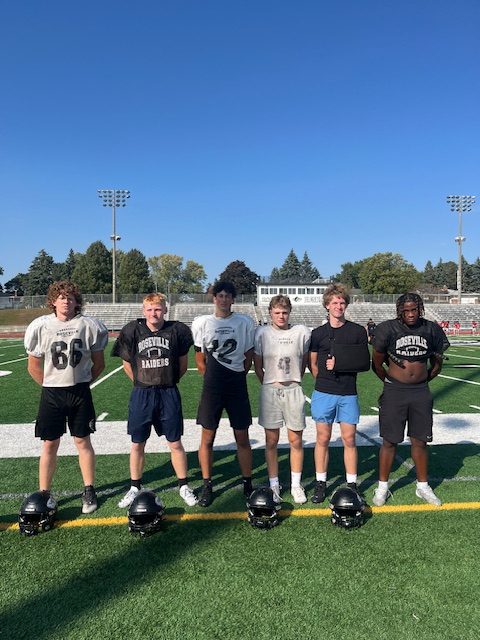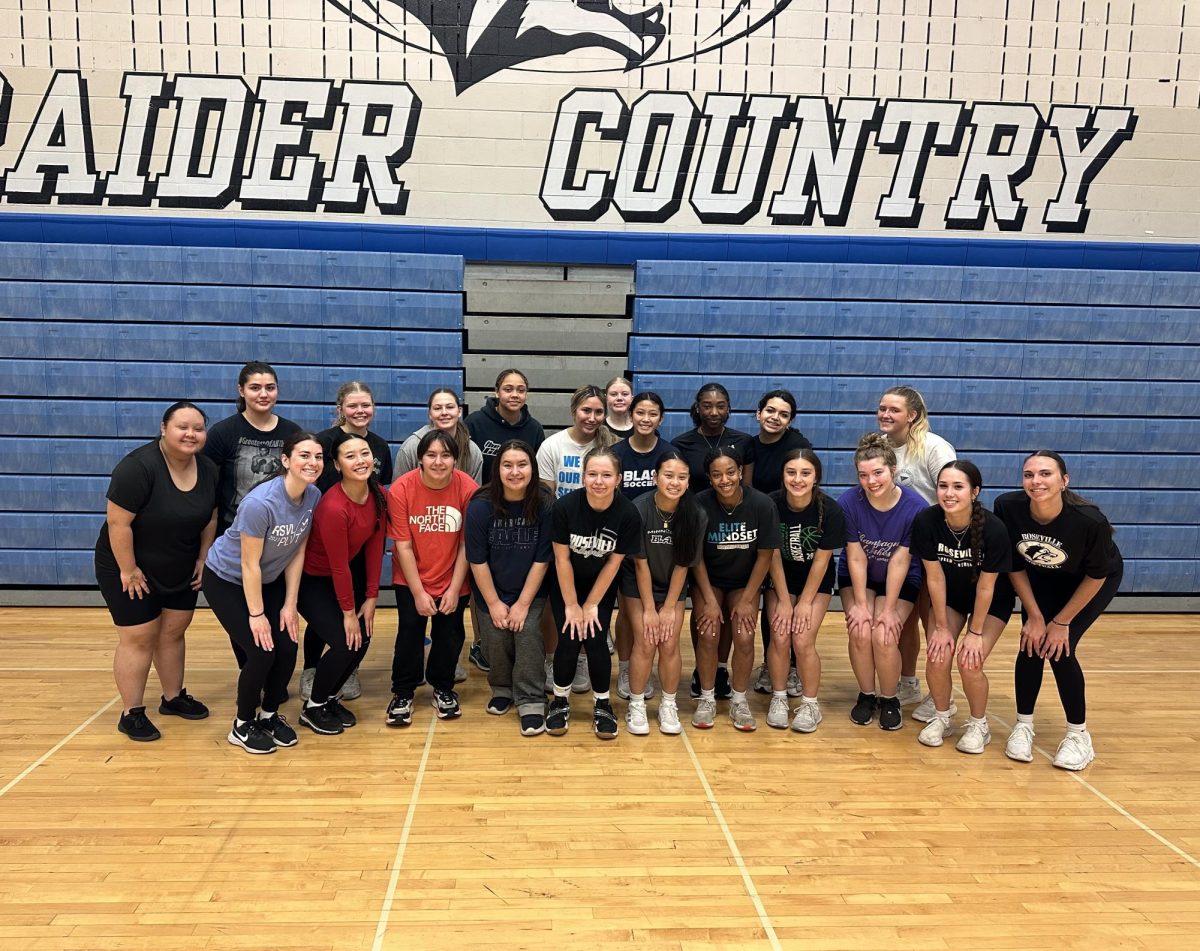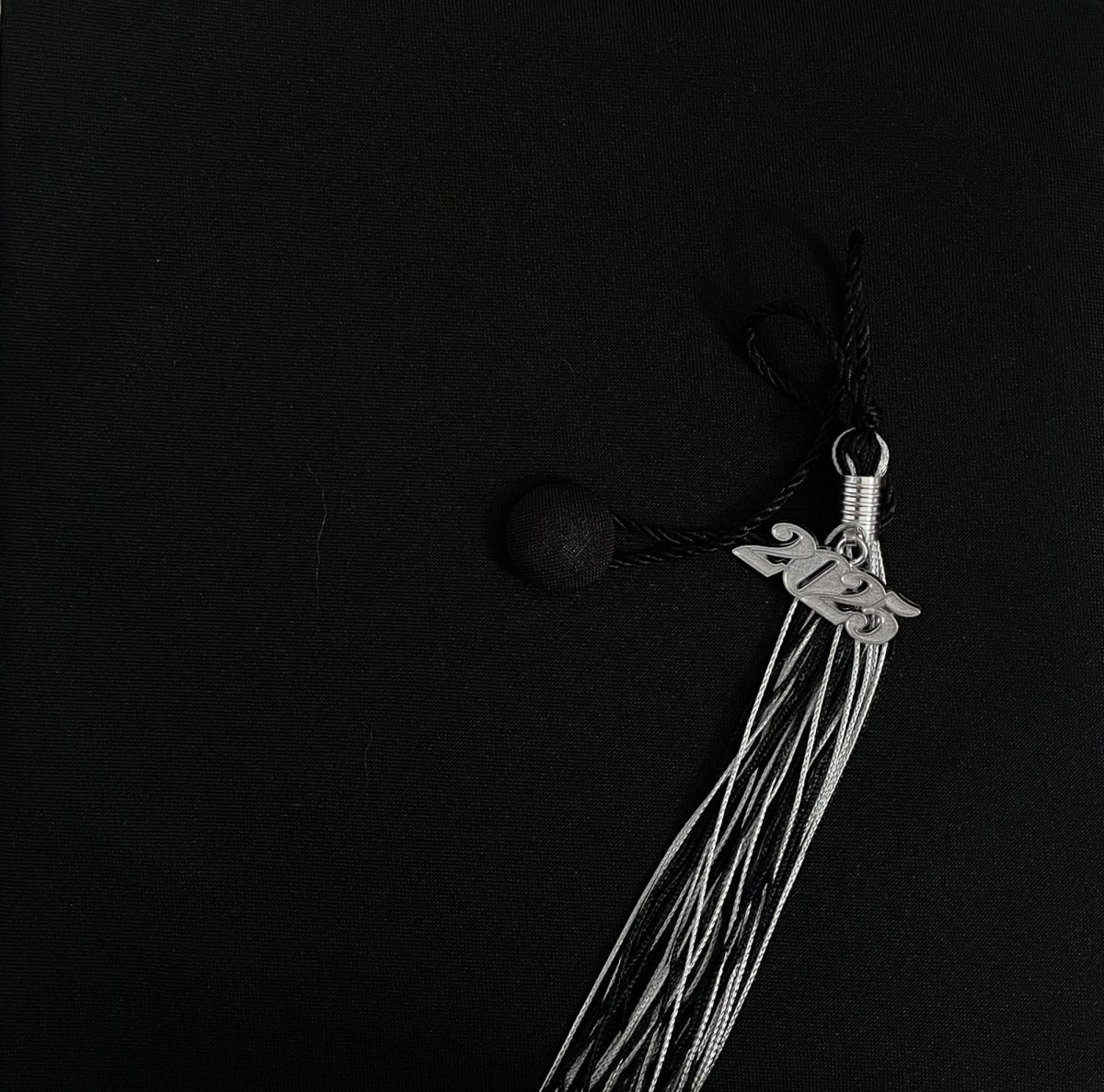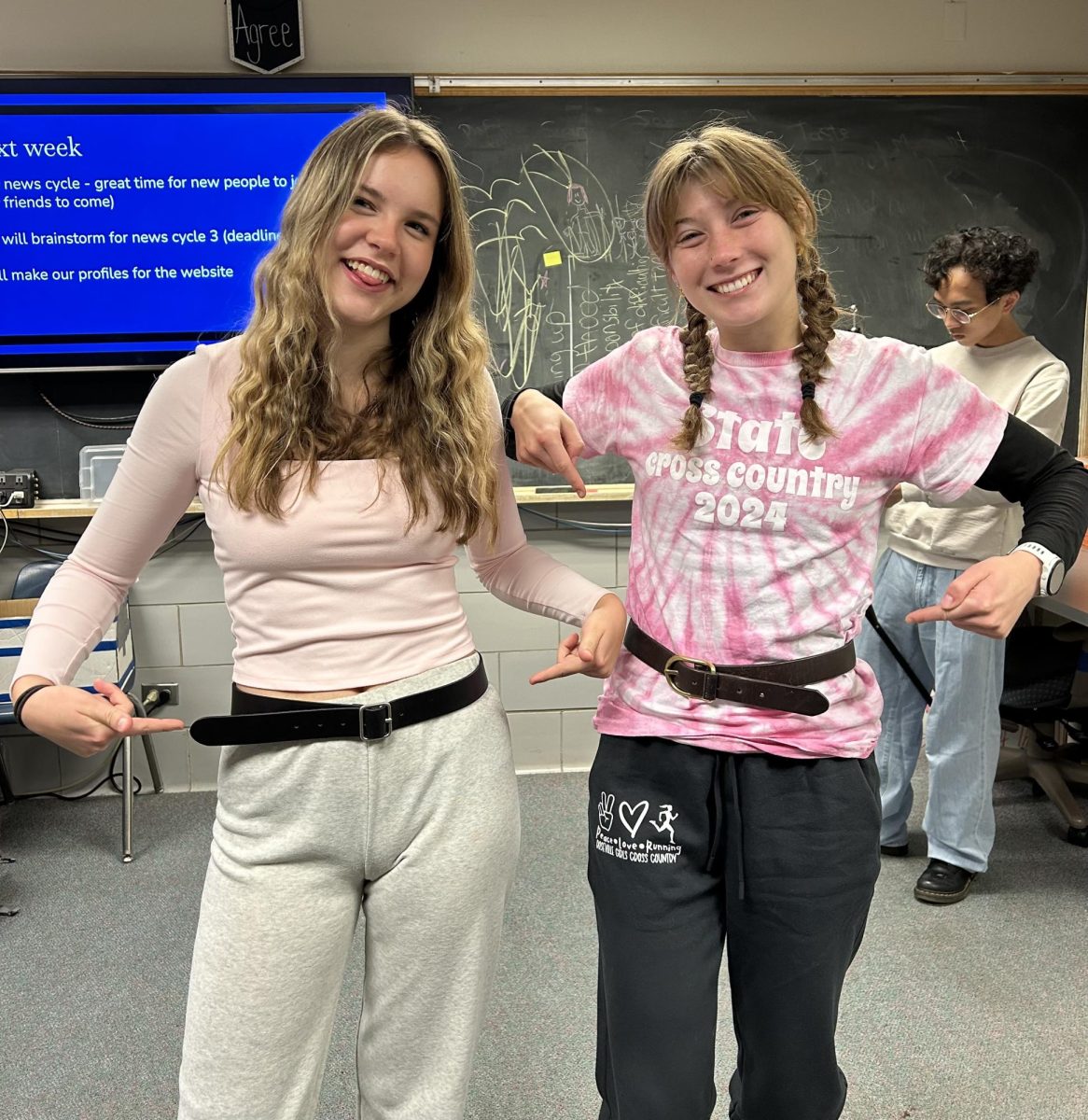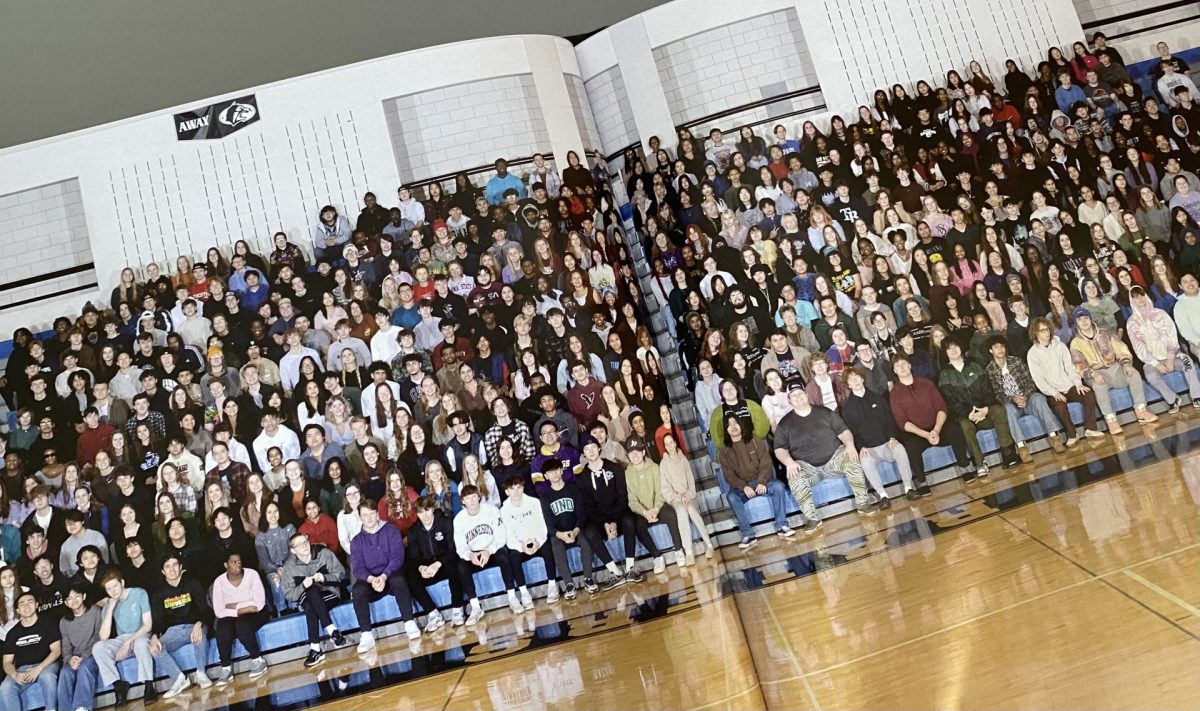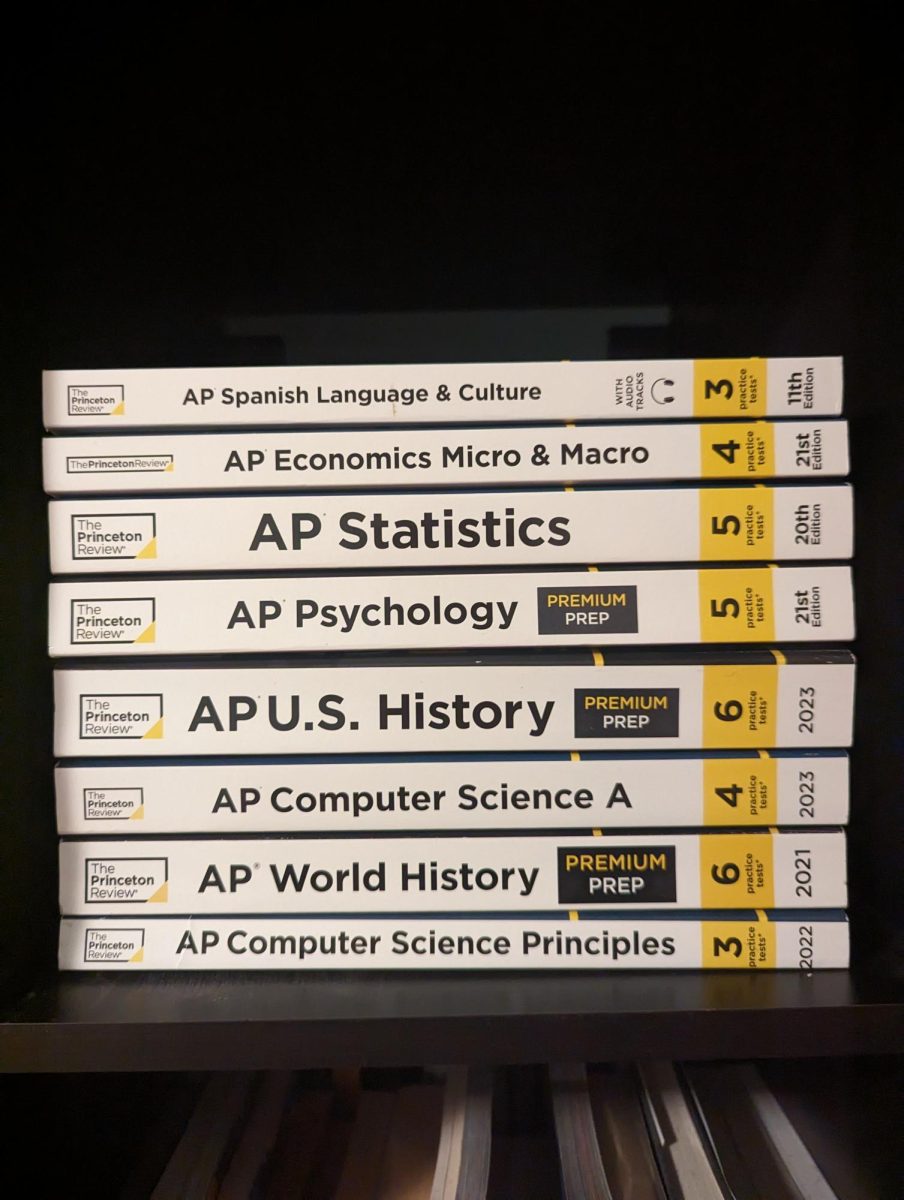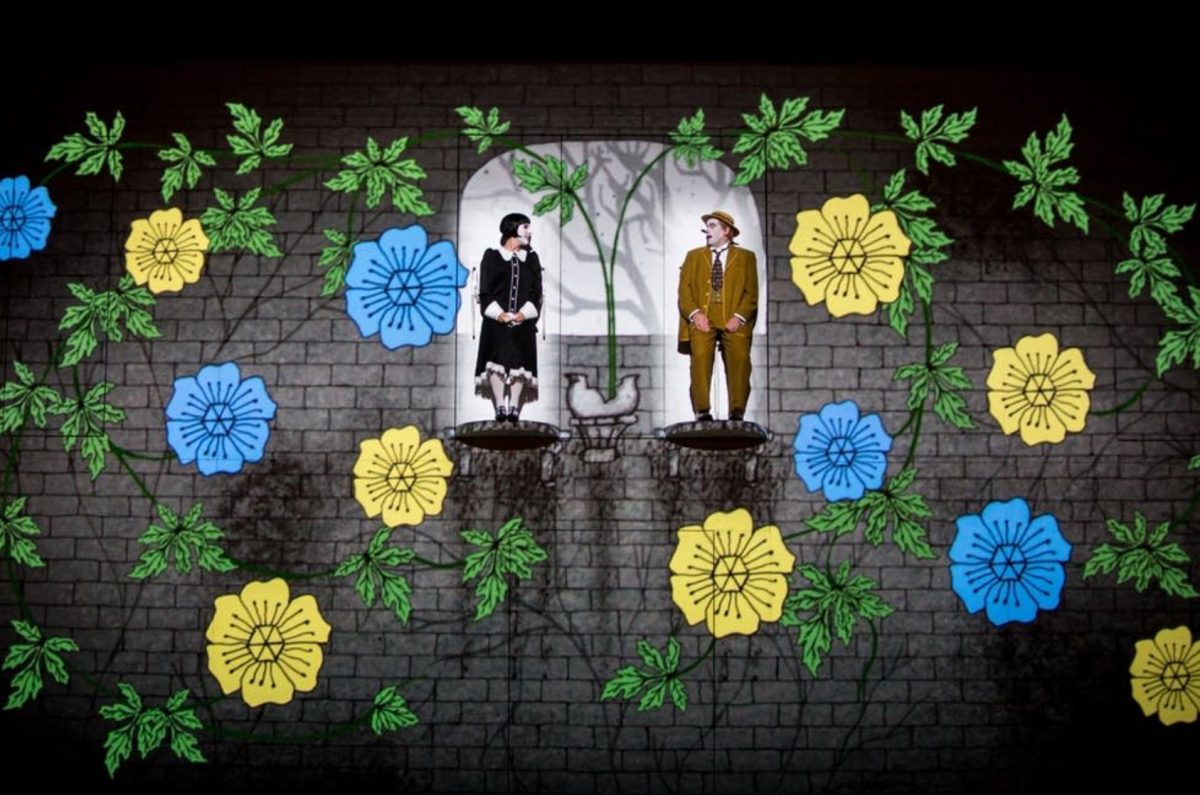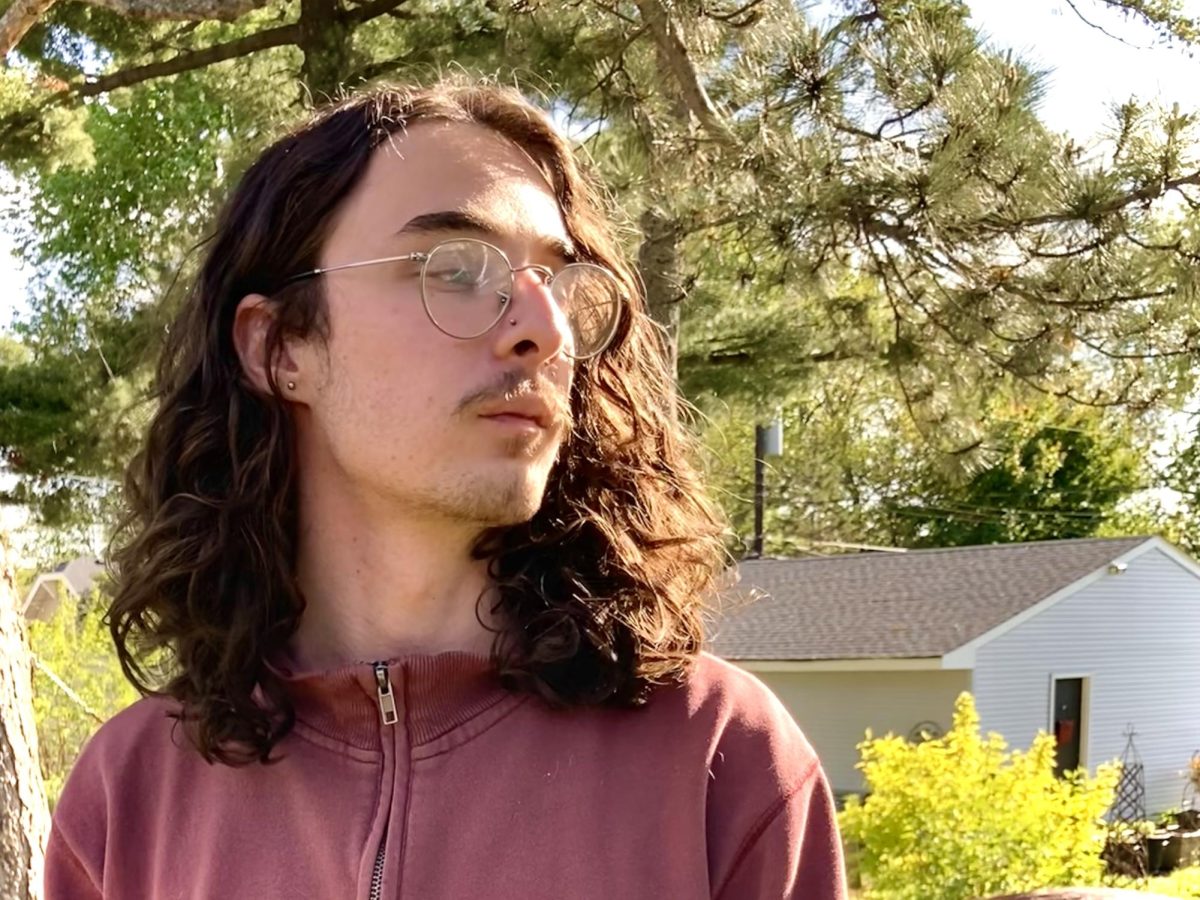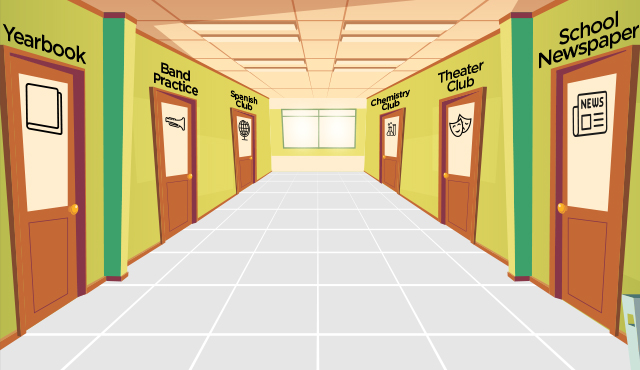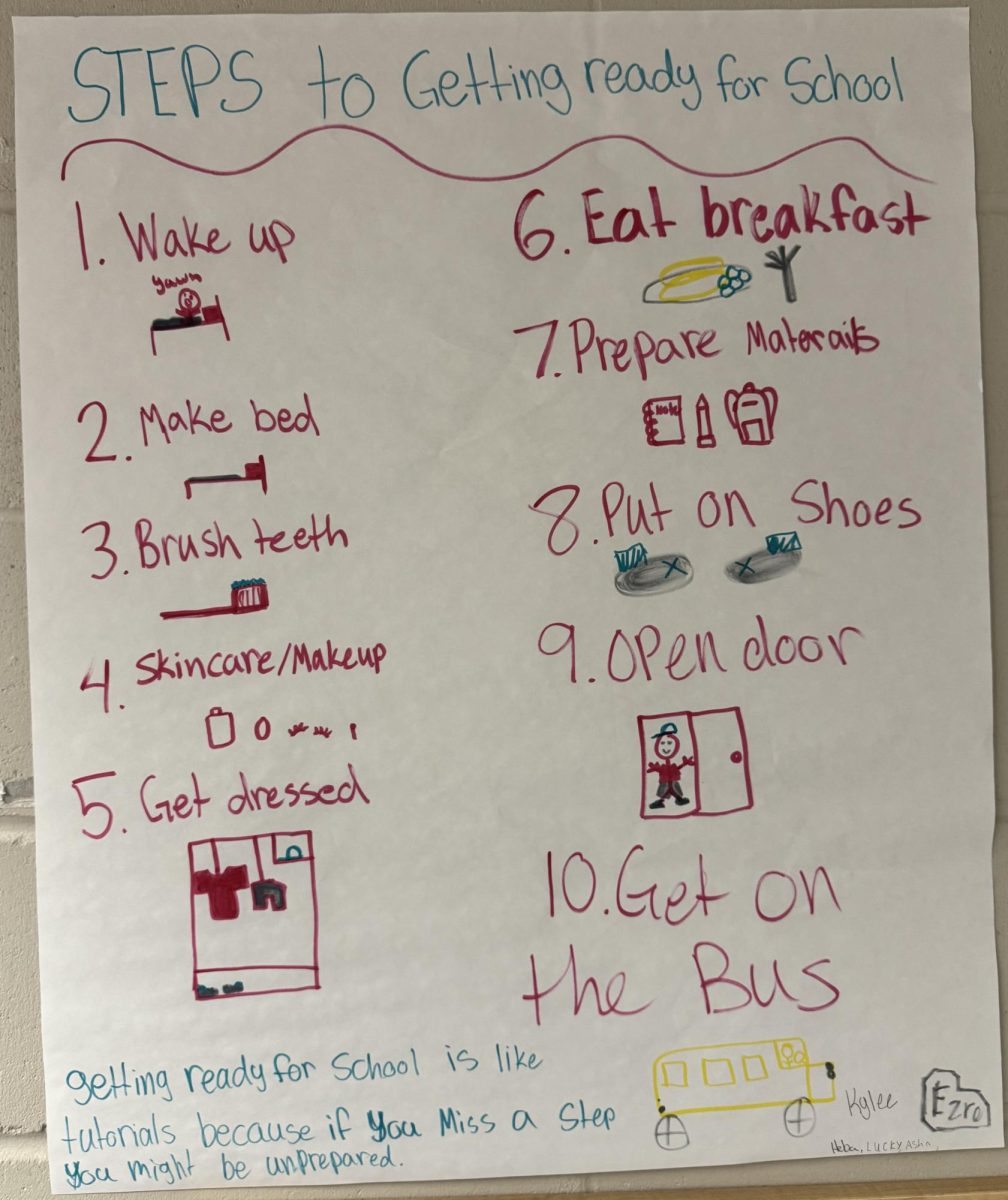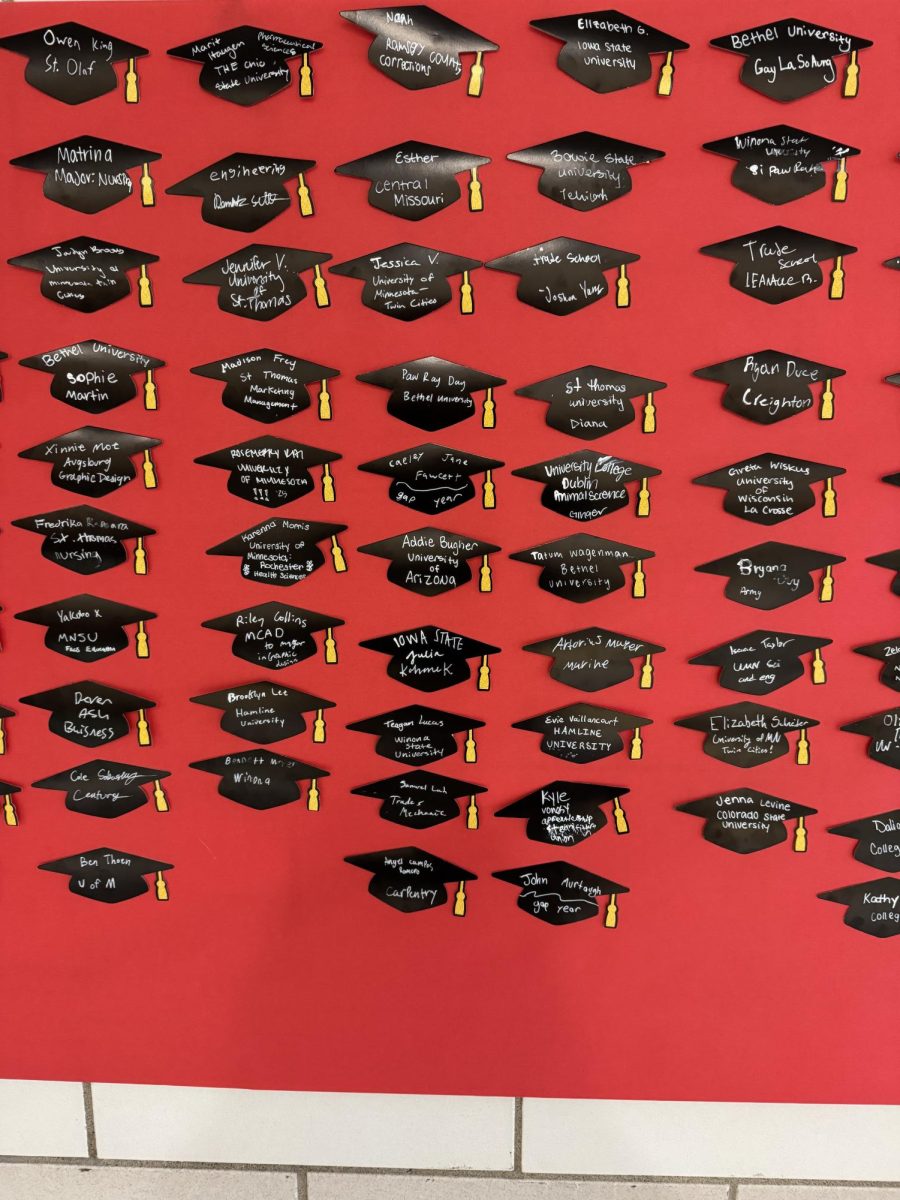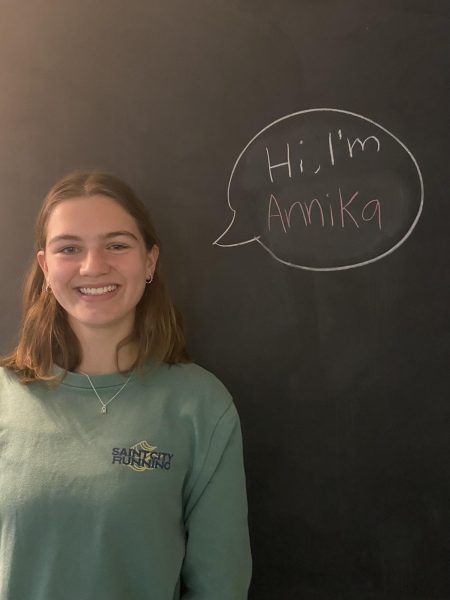Yes, you read that right. My dad is Andrew Wilkowske, a professionally trained bass/baritone opera singer who has been in the business for 25 years.
I grew up going to productions of The Marriage of Figaro, The Magic Flute, La Boheme, and too many others. As a little girl in chandelier-lit opera theaters, I was outnumbered by old couples with opera glasses (it’s a thing, trust) and die-hard opera fans. I was just there to watch my dad do his job, which he describes as “yelling for a living.”
“Bring your kid to work day” happened often and consisted of my dad bringing me to rehearsals and me getting VIP access to green rooms, dressing rooms, and hair and makeup rooms. I’ve always been surrounded by opera; it has made for a rare and magical childhood experience.
For many people, opera seems boring, old, and strange. It can be. Yet, it can also be engaging, relevant, and interesting. As someone who has had no choice but to grow up surrounded by opera (thanks, Dad), I can attest to the fact that it can indeed be boring yet it has so much to offer in today’s world.
First a little background. Beginning in Italy during the Renaissance period, opera is truly a historical art form. It was created to combine several different forms of art. It has evolved throughout history; older and more traditional stories are still performed today, alongside newer, more modern works. Wilkowske defines opera as “A culmination of all art forms: it is music, theater, dance, singing, instrumental, visual. It’s all the arts coming together.” Professional soprano Jeni Houser adds that opera has a “central focus of bringing emotion to life with the voice.”
The sound of opera singing is a very specific one, and it sounds completely different from anything we hear on TV or the radio. The reason for the intensified vibrato and almost “hoot-y” noise is so that singers can get their sound across expansive theaters without microphones. Opera singers are trained to be able to project, which results in a very distinct sound.
Is opera a dying art form? According to a study done by Statista, a data and business statistics platform, 41% of classical music fans worldwide are 55 years and older. Twenty-nine percent are under 35, with 4% being in the 16-19 age range.
While this study doesn’t specifically target opera fans, it generally supports the claim that most members of opera audiences are in the 55+ age group. With a high percentage of older audience members and low youth engagement, the opera industry risks losing an audience altogether.
When asked if they think opera will become lost in the bustle of arts and entertainment today, both Houser and Wilkowske replied with, “I hope not.”
Wilkowske believes that “[opera] could be lost if it isn’t willing to change and adapt,” adding that opera companies need to “listen to the youth of their audiences,” who want to see themselves and their stories reflected onstage.
In addition to the work opera companies are doing to become more accessible to younger audiences, the youth can bridge the gap by getting involved and going to see a show. Houser says, “I think it really is for everybody and everybody can get something out of it.” Several opera companies are making strides to create more welcoming spaces where a variety of stories can be told.
You may have heard of The Marriage of Figaro, La Boheme, and Carmen. But did you know that Sweeney Todd is also an opera? Or that the musical Rent started as an opera? Have you heard of Cruzar la Cara de la Luna or Trouble in Tahiti & Service Provider (both shows featured in the 2023-2024 Minnesota Opera Season)?
Minnesota Opera has made it a priority to highlight new stories. The Song Poet, a memoir by Kao Kalia Yang, a Hmong American writer based in the Twin Cities, has been adapted by Minnesota Opera and played to sold out audiences. Traditional stories are still being preserved but small and large companies alike are creating and adapting newer, more modern productions; the scope is widening in terms of creativity and innovation in the opera world. And while older shows are being preserved, new stories are emerging.
Why would someone choose a career in opera? After being encouraged to pursue the genre by his voice teacher, Wilkowske discovered a love for “everything dramatic” about opera; he found that he loved “connecting with the audience” and “making people laugh.”
Houser, a lifelong musician, made the transition from music teaching to singing after realizing how much she missed performing. “I missed singing so much that it hurt,” she says, “it needs to be a part of me.”
Houser made her Metropolitan Opera debut on January 2, 2020. Which “for anyone doing the math,” she says, was about a month before the pandemic shut everything down. Houser remarks that it was “a really interesting performing experience” and that it felt like a “big life moment.” Seeing friends and family in the audience made it even more special, proving that opera and live music in general aren’t one-way experiences.
Wilkowske mentions that one thing that makes opera valuable is the experience of feeling the “energy the audience is giving back to the stage.” Performers and audience members alike can get a lot out of a live production.
In a society dominated by social media, streaming services, and constantly changing trends, Wilkowske and Houser believe that opera has so much to offer. Houser argues that opera itself is constantly changing, that’s why she chooses to stick with it. “It’s a career where everyday is a little different,” she says.
She stresses that there’s power in the feeling of experiencing a live performance, something a TikTok or an Instagram reel can’t provide. A live show, Houser says, “only exists for this one moment in time.”
The question remains: how will a generation glued to social media and screens discover the world of opera, classical music, and live performance? It’s up to them. Houser suggests to “start where you are.” Many people find opera hard to understand, but Wilkowske argues that it can still have an impact. He compares opera to modern pop music today, saying that “Adele has the power to move you even if you don’t know every word she sings, kind of like opera.”
Many companies are adapting and creating brand new productions, seeking to showcase a multitude of different stories. These companies are adapting to a constantly changing culture while still trying to preserve the original purpose of opera: combining many art forms into a dynamic and engaging experience.
Long story short: opera shouldn’t be reserved solely for elderly couples and their opera glasses, or snooty, well-to-do donors; it should be available for kids, teenagers, and young adults as well. Just like plays, musicals, and movies, each opera tells a story.
Historical yet contemporary, opera offers many different perspectives on life today and can give us once-in-a-lifetime experiences. Houser says that the feeling of experiencing an opera is “impossible to describe… you just have to go and feel it.”
So go get out there and check out some opera; it might be cooler than you think. Who knows, you might run into my dad. Although I hope you don’t, that would be really embarrassing for me.

